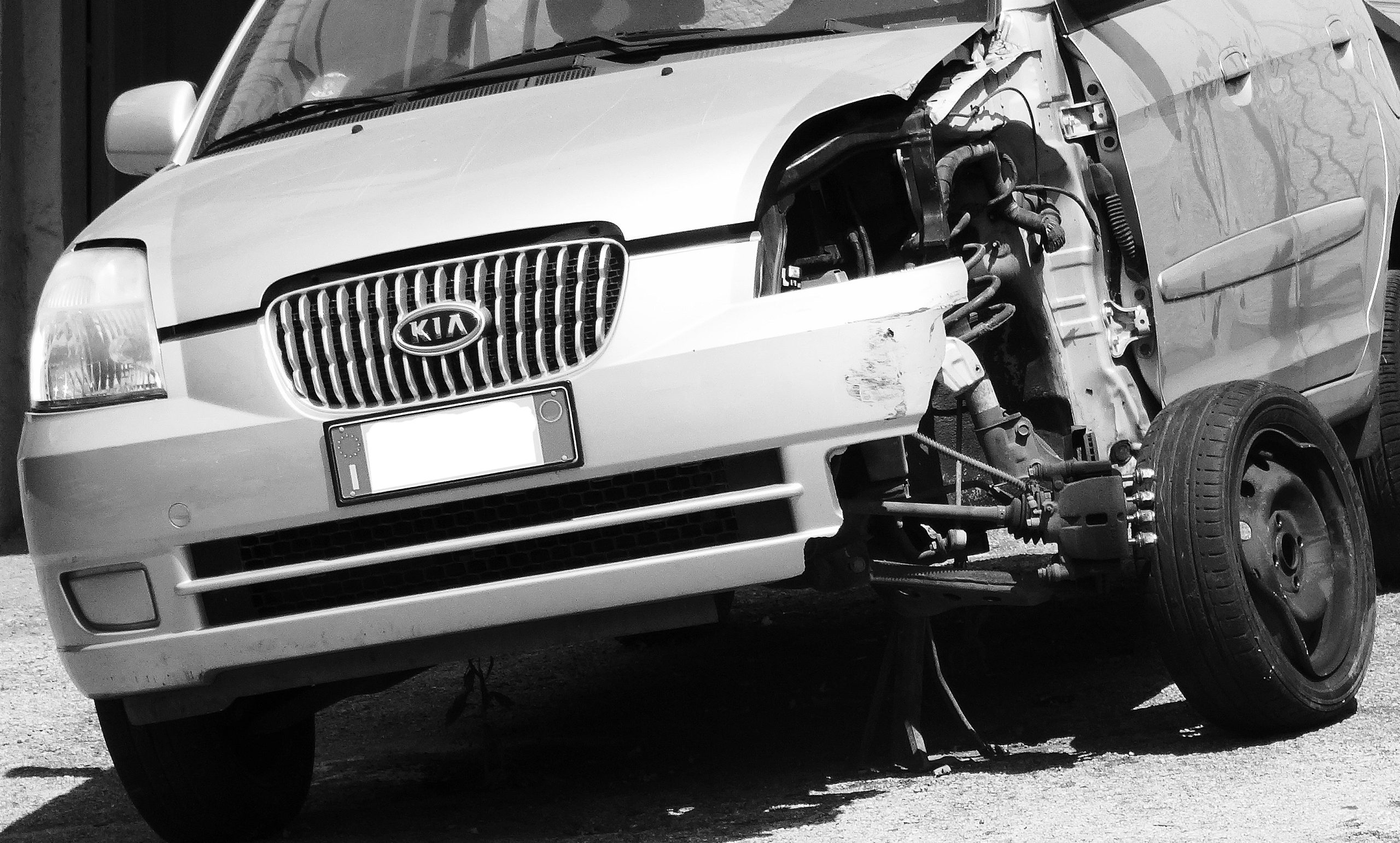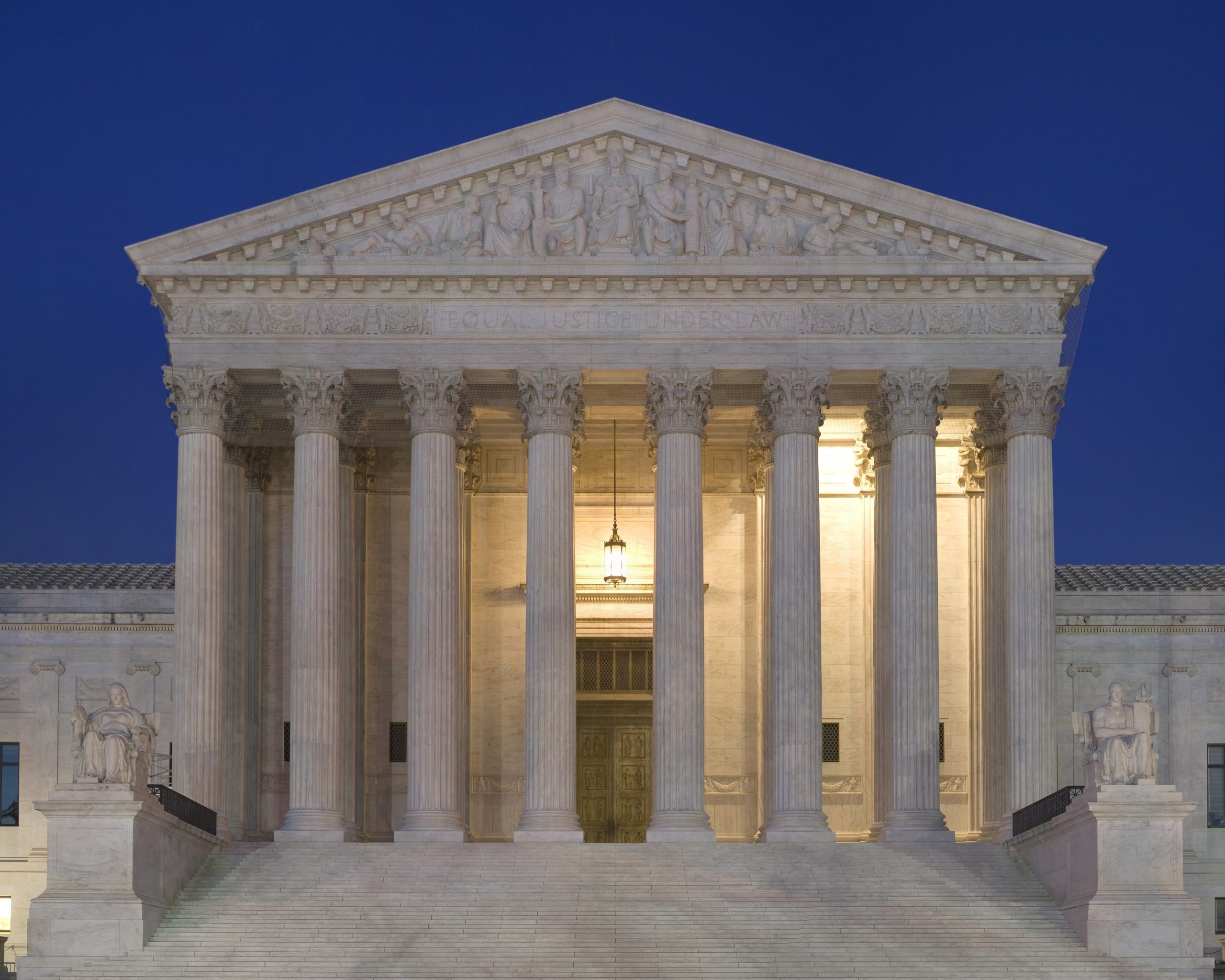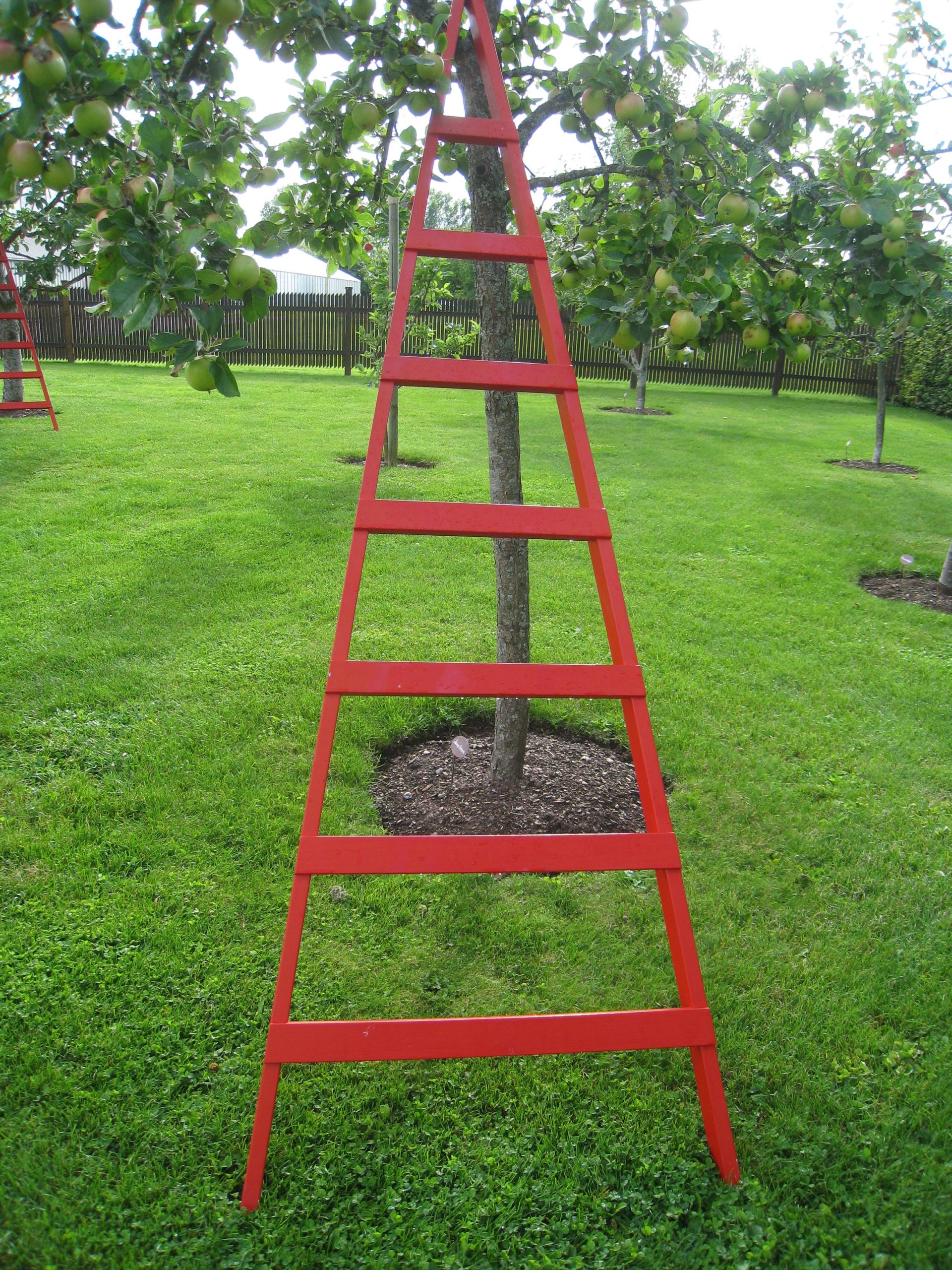 In the legal world, every word holds significance. Clarity and precision are of the utmost priority because even the slightest bit of ambiguity can have dire consequences. This is a truth that Terry Gotch would later find out after he filed suit against Scooby’s ASAP Towing LLC following a vehicular accident in Louisiana.
In the legal world, every word holds significance. Clarity and precision are of the utmost priority because even the slightest bit of ambiguity can have dire consequences. This is a truth that Terry Gotch would later find out after he filed suit against Scooby’s ASAP Towing LLC following a vehicular accident in Louisiana.
On February 8th, 2013, Joseph DeRousselle was backing out of a driveway and almost hit the car Terry Gotch was a passenger in. The driver took evasive maneuvers, which led to the vehicle leaving the road and crashing into a ditch. Gotch was injured as a result of the accident. At the time of the accident, DeRousselle was an employee of Scooby’s ASAP Towing. Gotch then filed a lawsuit against Scooby’s ASAP Towing, claiming vicarious liability of the employer for DeRousselle’s negligence. A judgment was made following a jury trial in favor of Scooby’s ASAP Towing, absolving them of any negligence, and Gotch’s claim was disregarded.
Gotch, understandably unhappy with the verdict, orally moved for a mistrial. This motion was denied a short time later following a hearing. Still unsatisfied, Gotch filed an appeal on October 23rd, 2017. A written judgement was issued; however, it was insufficient in that it lacked decretal language.
 Insurance Dispute Lawyer Blog
Insurance Dispute Lawyer Blog


 It is common to borrow a car from a family member or friend. If you are unfortunately involved in an accident while driving a borrowed car, who is liable for damages if the accident results from inadequate maintenance?
It is common to borrow a car from a family member or friend. If you are unfortunately involved in an accident while driving a borrowed car, who is liable for damages if the accident results from inadequate maintenance?  If you are involved in an automobile accident, it can be difficult to navigate insurance claims and coverage. The situation becomes even more complicated when there are multiple insurance policies involved. How is coverage allocated between multiple relevant insurance policies?
If you are involved in an automobile accident, it can be difficult to navigate insurance claims and coverage. The situation becomes even more complicated when there are multiple insurance policies involved. How is coverage allocated between multiple relevant insurance policies? If you are considering filing a lawsuit, it is essential that you file it in the correct venue. Otherwise, the court may lack authority to hear your claim and will not be able to consider the merits of your case.
If you are considering filing a lawsuit, it is essential that you file it in the correct venue. Otherwise, the court may lack authority to hear your claim and will not be able to consider the merits of your case.  If you are in a car accident and your insurance pays your claim, you likely expect the same thing will happen if you are subsequently in a similar accident. What happens if your insurer paid your prior claim, but tries to deny a subsequent claim?
If you are in a car accident and your insurance pays your claim, you likely expect the same thing will happen if you are subsequently in a similar accident. What happens if your insurer paid your prior claim, but tries to deny a subsequent claim?  A settlement agreement can be an efficient way of resolving a claim and receiving compensation without a lengthy trial process. However, it is essential to understand what a settlement agreement does and does not cover to avoid surprises down the road if you later try to bring related lawsuits against other parties.
A settlement agreement can be an efficient way of resolving a claim and receiving compensation without a lengthy trial process. However, it is essential to understand what a settlement agreement does and does not cover to avoid surprises down the road if you later try to bring related lawsuits against other parties.  Under Louisiana law, there is a presumption the driver of a car that rear-ends another car acted negligently. However, this presumption of negligence can be overcome in certain situations, such as if the driver of the vehicle that was rear-end shifted lanes soon before the accident.
Under Louisiana law, there is a presumption the driver of a car that rear-ends another car acted negligently. However, this presumption of negligence can be overcome in certain situations, such as if the driver of the vehicle that was rear-end shifted lanes soon before the accident. The distinction between independent contractors and employees has always been something of a balancing test. This distinction becomes vital in workers’ compensation issues, where employees generally enjoy peace of mind with workers’ compensation in the event of an injury, whereas independent contractors usually do not. But are there some cases where an independent contractor can collect workers’ compensation benefits? The answer to this question is illustrated in the following appeal from the New Orleans Office of Workers’ Compensation.
The distinction between independent contractors and employees has always been something of a balancing test. This distinction becomes vital in workers’ compensation issues, where employees generally enjoy peace of mind with workers’ compensation in the event of an injury, whereas independent contractors usually do not. But are there some cases where an independent contractor can collect workers’ compensation benefits? The answer to this question is illustrated in the following appeal from the New Orleans Office of Workers’ Compensation. In the heart of Lafayette Parish, Louisiana, tragedy struck on Interstate 10 as a routine drive turned fatal. Arthur Huguley, behind the wheel of a tractor-trailer for AAA Cooper Transportation, found himself in a situation that would forever alter the lives of those involved. A blown-out tire, a series of events, and a wrongful death lawsuit brought forth by Curley Mouton’s surviving family members set the stage for a courtroom drama that unfolded with unexpected twists. In the end, a jury assigned fault, but the defendants, Huguley, AAA Cooper, and their insurer, were not ready to accept the verdict without a fight. This article explores the intricacies of their appeal, shedding light on the compelling arguments presented and the complexities of apportioning fault in a tragic accident.
In the heart of Lafayette Parish, Louisiana, tragedy struck on Interstate 10 as a routine drive turned fatal. Arthur Huguley, behind the wheel of a tractor-trailer for AAA Cooper Transportation, found himself in a situation that would forever alter the lives of those involved. A blown-out tire, a series of events, and a wrongful death lawsuit brought forth by Curley Mouton’s surviving family members set the stage for a courtroom drama that unfolded with unexpected twists. In the end, a jury assigned fault, but the defendants, Huguley, AAA Cooper, and their insurer, were not ready to accept the verdict without a fight. This article explores the intricacies of their appeal, shedding light on the compelling arguments presented and the complexities of apportioning fault in a tragic accident. It can be challenging to interpret insurance policies, especially when they involve complex provisions such as coverage for an additional insured. Before signing an insurance policy, it is imperative to understand its language and what it does and does not cover. Here, the plain language of the insurance policy proved instrumental in the appellate court’s ruling.
It can be challenging to interpret insurance policies, especially when they involve complex provisions such as coverage for an additional insured. Before signing an insurance policy, it is imperative to understand its language and what it does and does not cover. Here, the plain language of the insurance policy proved instrumental in the appellate court’s ruling.